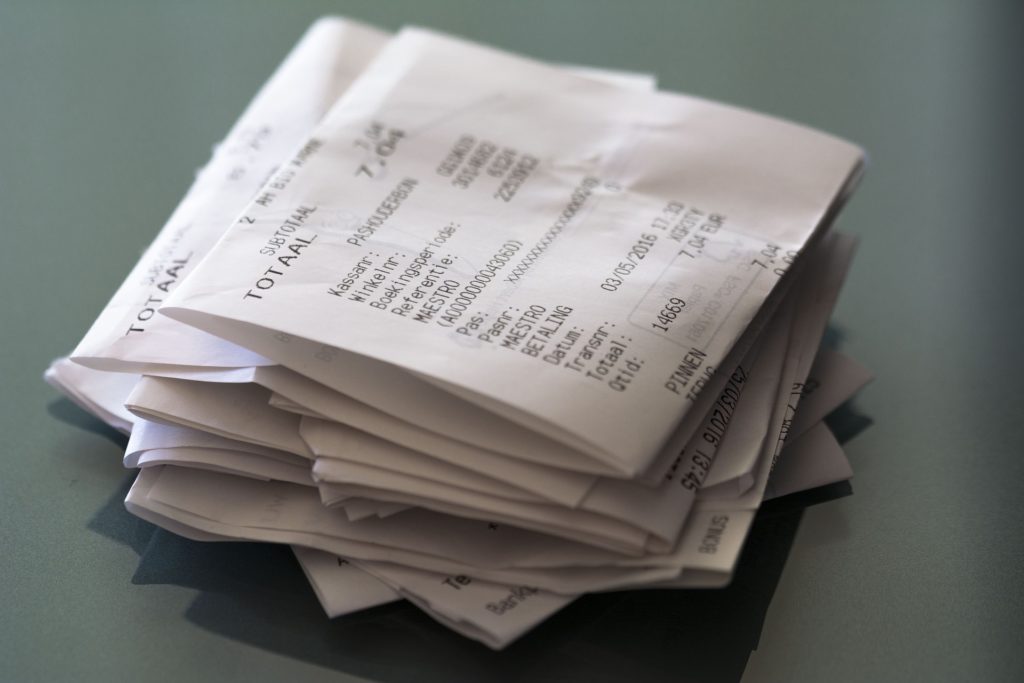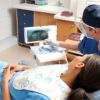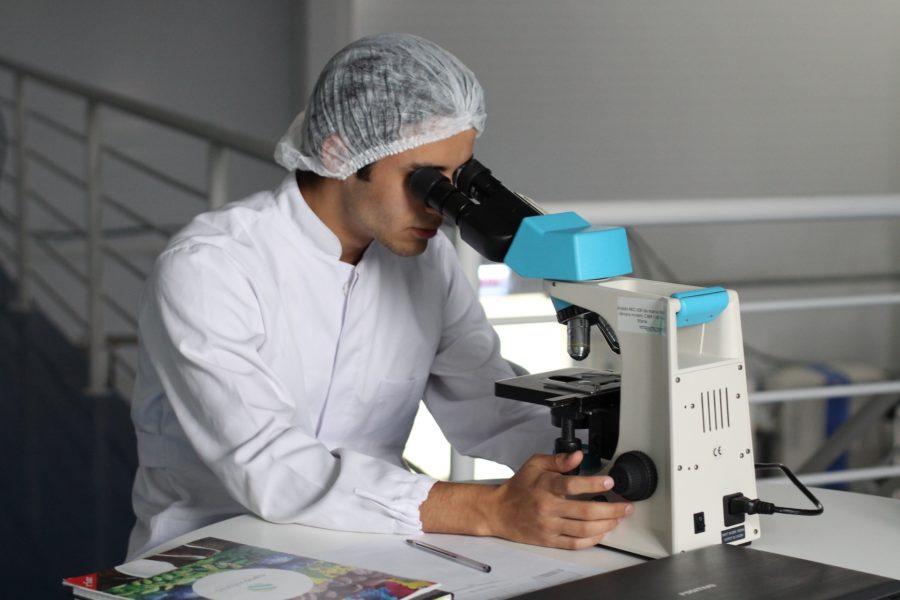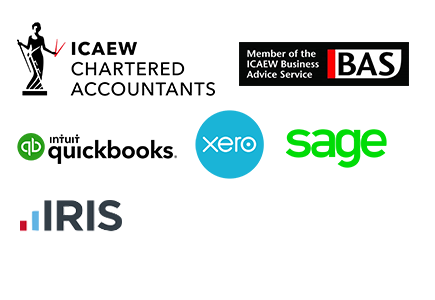
Medical professionals often work more than one job and take on the demands of running a business on top of everything else. Income tax can be complicated, especially when your income comes from several sources, as is the case for many busy medical professionals.
Check Your Tax Code
If you’re a doctor, dentist or pharmacist and you’re looking for information on how to pay less tax, start with the basics and check your tax code. Your tax code tells HMRC how much tax to deduct from your salary. This can be found on your payslip each month. Medical professionals in NHS employment who add a private practice to their income stream (or doctors who used to be in private practice but now only work for the NHS) often neglect to ensure that their tax code is appropriate for their new situation. If you discover that you have used the wrong code for a spell after your transition, it’s not the end of the world. You may be entitled to a refund or a reduced tax bill in the months to come. So while you won’t lose out financially, you will have the extra inconvenience of having to take steps to recover these funds.
Claim Appropriate Tax Credits
In most instances, tax credits provide financial relief to disabled workers, low-income workers, and workers who care for children. As a medical professional, you may be eligible for certain tax credits, depending on your personal and professional situation. The two main types of tax credits available are child tax credits and working tax credits. Realistically, working tax credits won’t be the solution to how to pay less tax for most qualified medical professionals, as these apply to lower-income workers only. However, if you are the primary caregiver for your children, you may be eligible to claim tax credits to compensate for this. Remember that if you already get Universal Credit, you cannot also claim tax credits.
Know Your Ins-and-outs of Private Practice Income
When it comes to declaring income earned in private practice, it’s important to distinguish between money you are owed for services rendered and the money you actually receive. While you may expect that your income would be taxable in the tax period in which you receive payment, this is not the case. Your income is taxable at the point when you have invoiced your client, not when they pay. In other words, your earnings are calculated based on what you charge for your services, not on the cash you actually receive. What’s the lesson here? If your clients don’t pay their bills by the end of the relevant tax period, you are going to be taxed for that income regardless of whether you have received the money.
If work in medico-legal matters, getting the timing of your tax return wrong can result in significant cash-flow problems because solicitors (your debtors) can be notorious for paying late! It’s also important to be as accurate as possible with the timing of your income for the sake of clarity. It does not look good in the eyes of the HMRC if your tax return does not correctly reflect your earnings for the tax year.
 Training Costs
Training Costs
As a medical professional in a new role, you may need to go through training and write exams in order to fulfil your duties. If so, you may be able to claim a tax deduction for this. However, not all training counts automatically. HMRC specifies that you will be entitled to a tax deduction for training costs if your contract of employment specifies that you are in training, and the training in question was an intrinsic aspect of your role. In other words, without this training, you would be unable to perform your contractual duties adequately. If your training expenses qualify, you can also claim for your travel expenses as well as other costs associated with attending the event.
Top Up Your Pension Scheme
The regular monthly contributions that you make to your employer’s pension scheme, as well any voluntary contributions you opt to make, can be taken from your gross pay, reducing your taxable income. Many employers allow you to decide on a percentage of your income that you would like to contribute. So for example, a pharmacist who works for a private company would do well to maximise their pension contributions, thus reducing their taxable income.
Get a Separate Business Bank Account
If you run a private practice as well as being employed by the NHS, it would be wise to set up a separate bank account for your private work. While this may seem like a hassle, you’ll appreciate the convenience when it comes time to do your tax return. Having all your money in one place makes keeping track of payments and business expenditures much easier. If you lose a receipt for an expensive business outlay, you may be able to use the relevant bank statement as evidence if the outgoing payment can be clearly identified as a business expense. Having a specific bank account for your business is a great way to clarify this in the eyes of the HMRC. Any inquiry you need to raise with the tax department will be aided by the easy access to your business records, rather than having to sift through your personal expenses.
Keep Your Receipts

Working in private practice involves many expenses that may be incurred on a day-to-day basis. If you’re not great at keeping receipts, these small business expenses will add up, costing you money down the line in terms of income tax. To ensure that you have evidence of your expenses to hand in the event of an HMRC inquiry, it’s vital that you keep your receipts. You needn’t keep the paper receipts like you did in the old days. These days, many apps can save and organise your receipts for you with a simple snap of your iPhone camera. Bear in mind that you will need to keep your business records for six years or more, so make sure you backup your smartphone data on your computer as well.
Capital Equipment
If you run a private practice, you will have to shell out for big-ticket expenses now and again. The best time to buy new capital equipment (for example a computer or piece of essential technology) is directly before the end of the accounting year. You will qualify for capital allowances on your new asset as if you had owned it for the entire financial year.
Marriage Allowance
If you or your spouse earns less than the personal tax allowance, you may be able to transfer the lower-earning spouse’s unused personal allowance over to the higher earner. You can benefit from up to £1,250 of transferred credits, totalling up to £250 in savings. To qualify for the marriage allowance, the higher earner in the couple must be in the 20% tax bracket.









